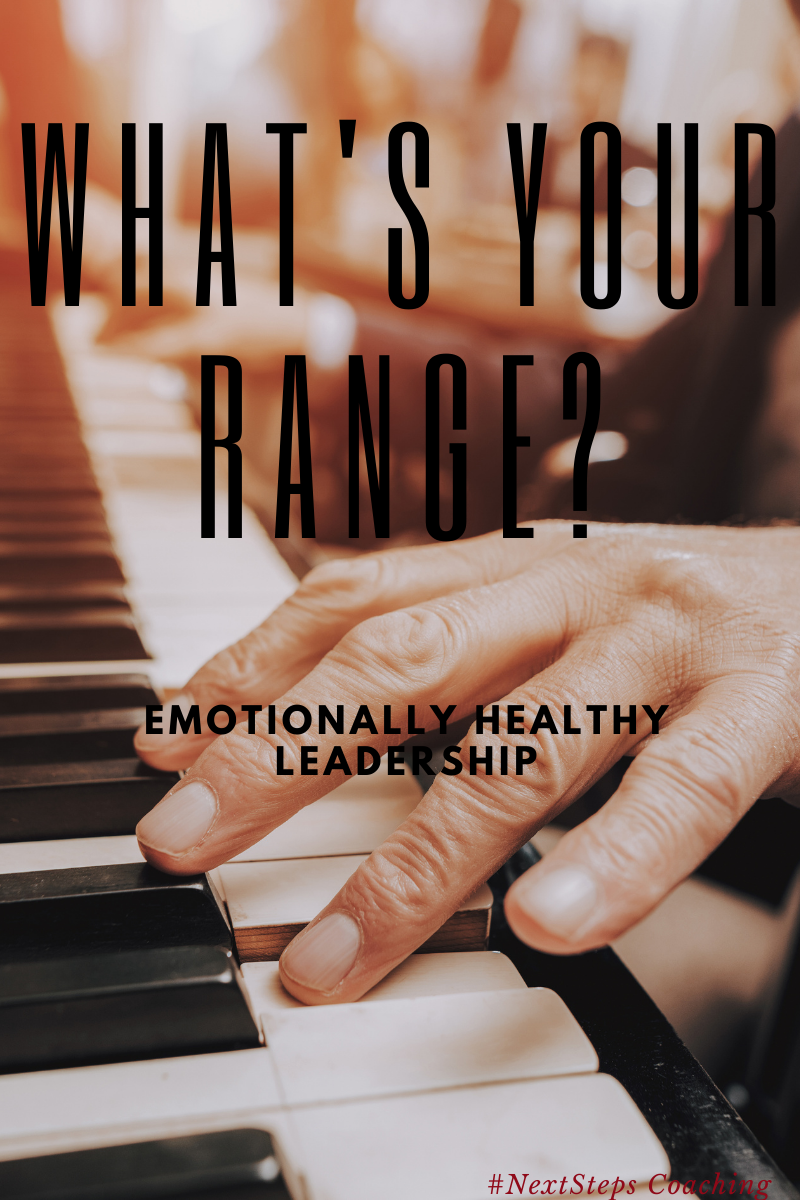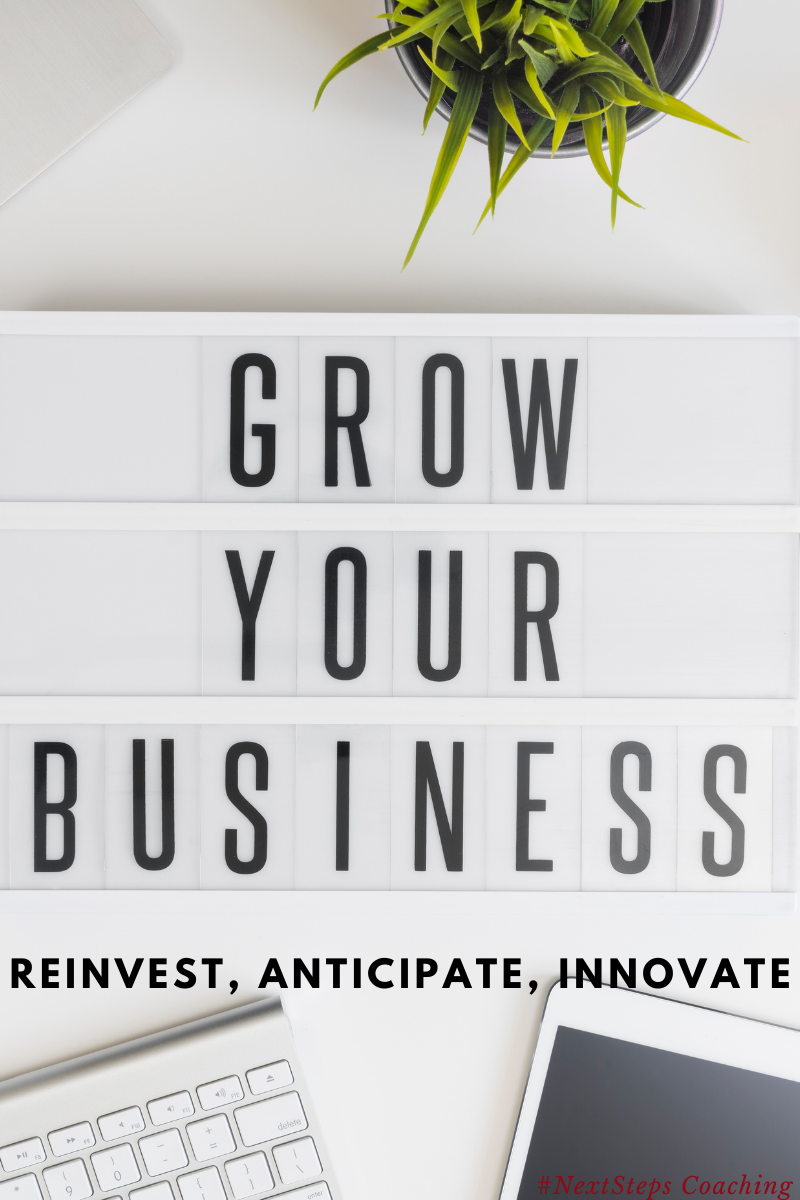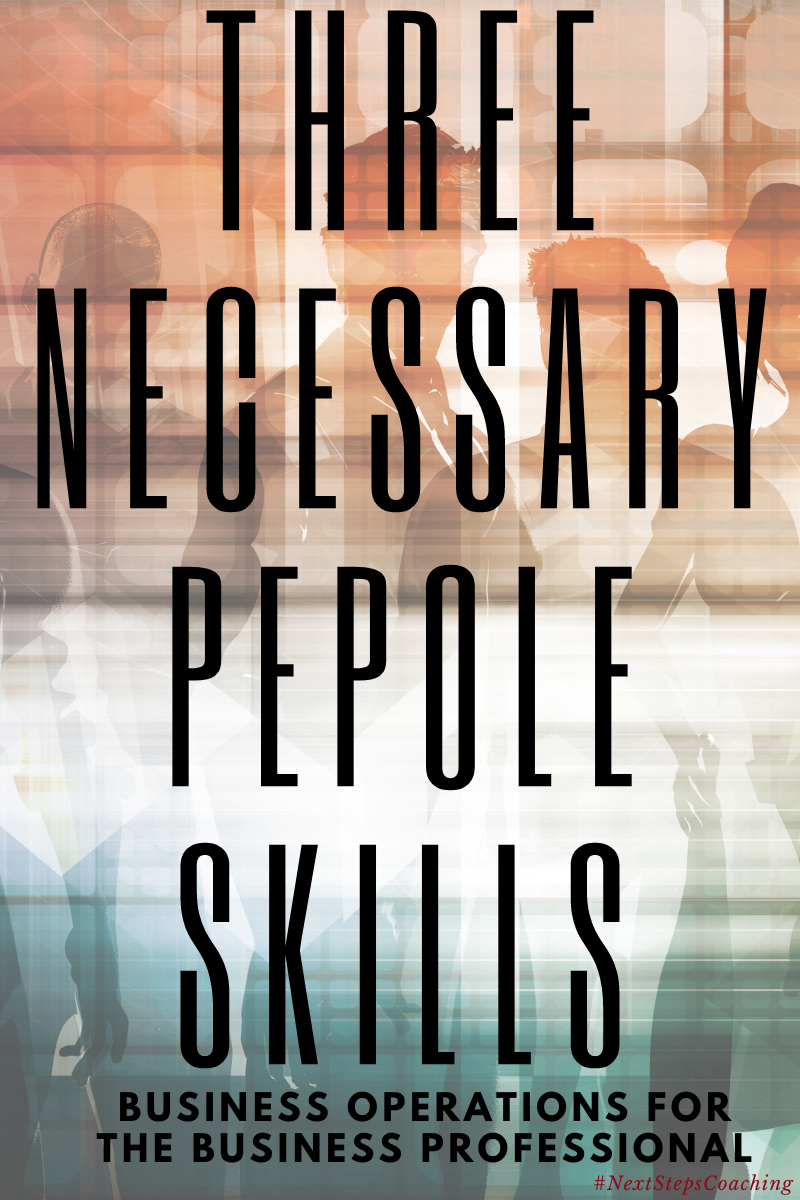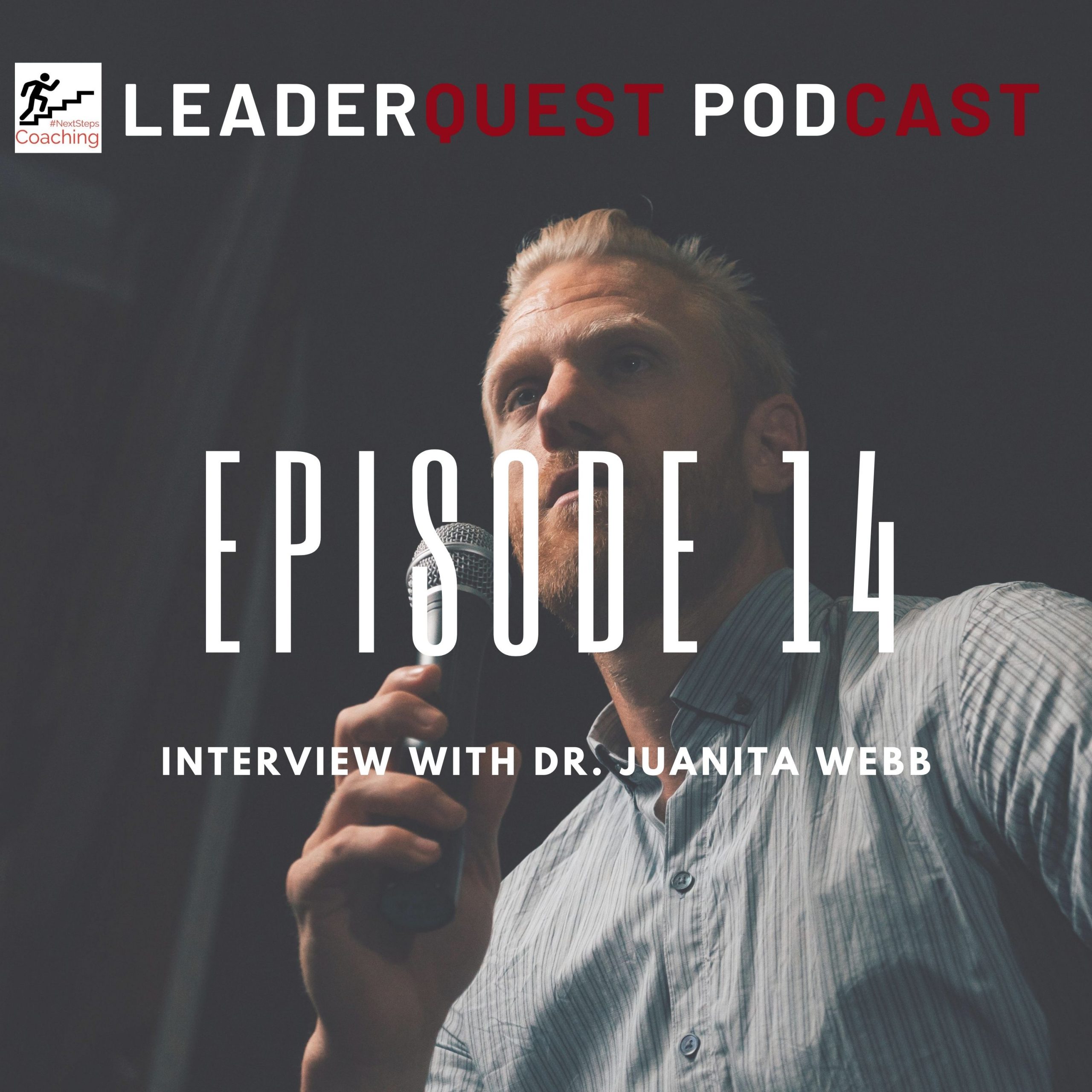
Think of emotional intelligence like a piano. The greater the intelligence, the greater the range. What’s your range as an emotionally healthy leader?
In the last article, I talked aboutspiritual health.
The next step in the journey towards sustainable leadership is emotional health.
Now, I’m no piano player, but I’ve painstakingly taught myself chopsticks and Joy To The World over the course of about twenty years.
I don’t have a very good range on the piano.
I possess, at best, a very limited repertoire and skillset. If you were to give the best piano in the world, on the best stage in the world, in front of the most attentive audience in the world … I’d still be an embarrassment to most of the people who know me.
My limited piano playing ability is one thing, for the leader in business, a limited range is quite another.
What’s Your Range?
Someone with limited emotional intelligence, a limited range on the piano as the analogy goes, only knows a few emotions. I’m sure you’ve all met someone (or have been that someone) that is happy, angry, sad … and that’s about it.
Increasing our emotional intelligence gives us a wider playing range on the piano.
I once worked with a guy who played his angry key. That was it. He was either stoic, fairly passive, and laid back, or angry. I don’t mean, “Wow, he’s upset.” I mean, “I think he might hurt someone” levels of angry. He always talked about wanting to be a leader, but his ability to play only one note of his emotions left him a hard individual to trust.
Mastering the Basics
There are six basic emotions:
- sad
- mad
- scared
- joyful
- powerful
- peaceful.
Everything else we experience is a shade or expression from these basic emotional reactions.
But, think of the emotional range of being mad.
Here are other notes in the piano range of mad:
- hurt
- hostile
- angry
- rage
- hateful
- critical
- jealous
- selfish
- frustrated
- furious
- irritate
- skeptical.
Each of these, depending on the context, brings another element of healthy expression to a relationship. Was my coworker really angry? Or was he jealous? Frustrated? Irritated? Skeptical? 
He may have always expressed anger, and for those of us witness to it, it was troubling, but what was behind it? His inability to distinguish between anger and frustration left him limited in future potential.
The emotional range of happiness includes emotional expressions like:
- gratitude
- pride
- amusement
- hope
- inspiration
- love.
Those with greater emotional intelligence can display a greater range of emotions.
Emotional Intelligence gives us better control and a deeper range. That’s the first benefit of coaching.
The need for healthy emotional expression is vital to fruitful and productive leadership. It is also essential to avoid burnout. Adequately expressing and processing emotions gives the leader tools to work through difficult experiences and situations.
The emotional health of a person sits in the unique field of being almost completely internal in nature through past experiences, while also being almost completely externally visible through actions, perceptions, and relationships.
Peter Scazzeo notes the concerns of emotional health:
Emotional health is concerned with such things as: naming, recognizing, and managing our own feelings identifying and having active compassion for others initiating and maintaining close and meaningful relationships breaking free from self-destructive patterns being aware of how our past impacts our present developing the capacity to clearly express our thoughts and feelings respecting and loving others without having to change them clearly, directly, and respectfully asking for what we need, want, or prefer accurately assessing our own strengths, limits, and weaknesses, and freely sharing them with others developing the capacity to maturely resolve. (1)
Sustainable Leadership
For the emotionally healthy person, effective leadership requires a previous recognition and engagement with emotional traps, snares, and shortcomings at earlier stages of life. Family dynamics, addiction triggers, and shortcomings all need to be worked through and reflected on.
I spent several years in therapy working through many of these issues. It was ingrained in me from a young age that I should work hard and achieve success. By itself, this is not a problem. My issue arose when I began to tie my identity in my ability to work hard. I was only worth what I could produce.
That became a dangerous trap. When I sense I wasn’t producing enough, I sensed I wasn’t good enough. I had to learn these triggers, work through them, and express my feelings in healthier ways.
This work is required for all healthy and sustainable leadership. Work on increasing your emotional range and adding notes to your repertoire. Those around you will appreciate the more beautiful ‘music’ you create and it will enhance your quality of life.
The Wrap Up
If you or someone you know is facing burnout, please get help. Email me to set up your first appointment.
Looking for more ways to fight against burnout? Here are 50 self-care tips.
Want the entire series as a Kindle book? Go here.
Notes:
1.) Scazzero, Peter. The Emotionally Healthy Church Planter (Kindle Locations 237-246). Kindle Edition.








